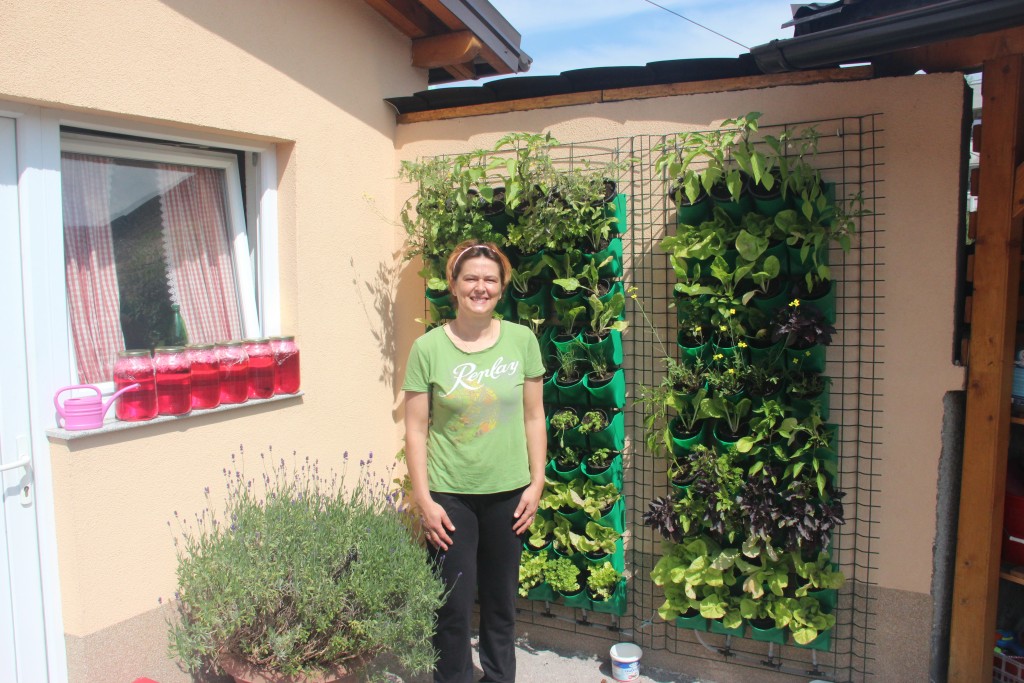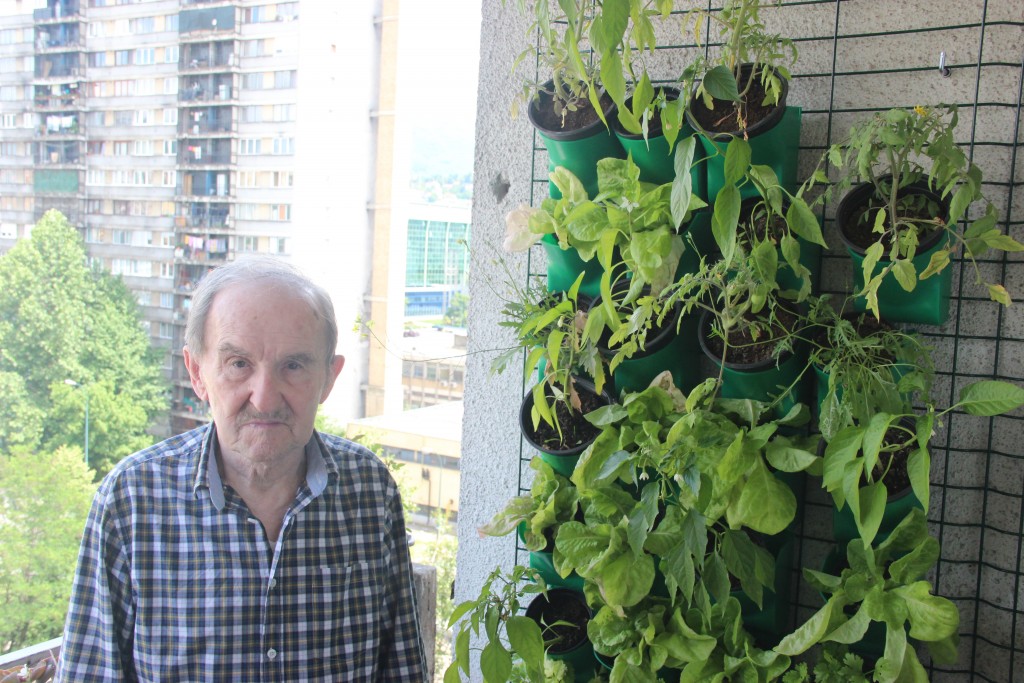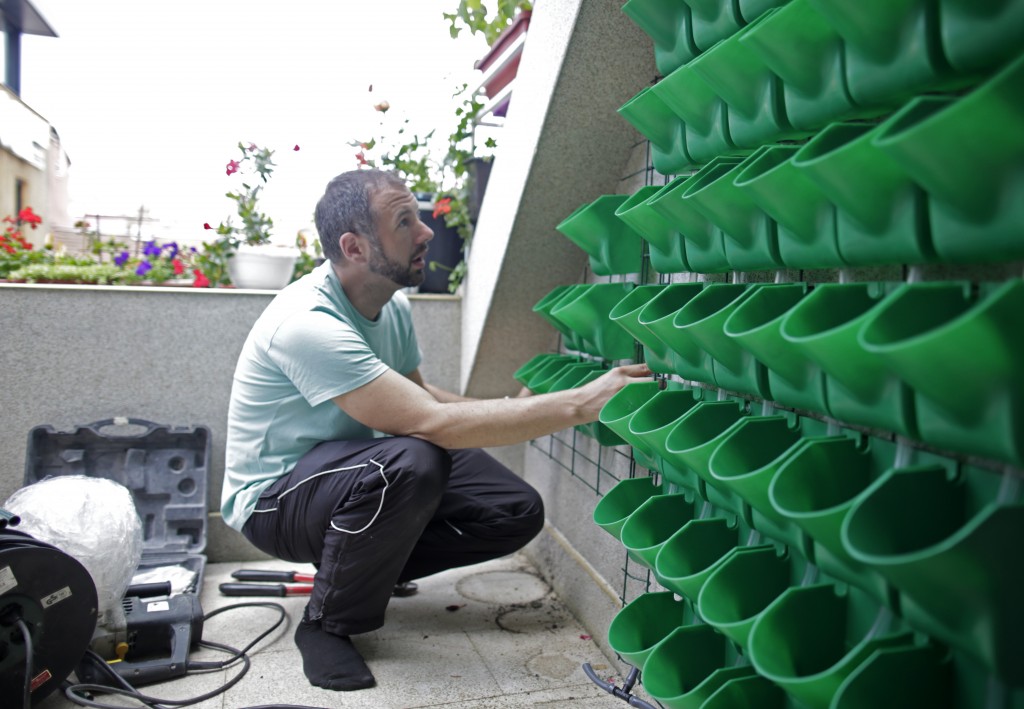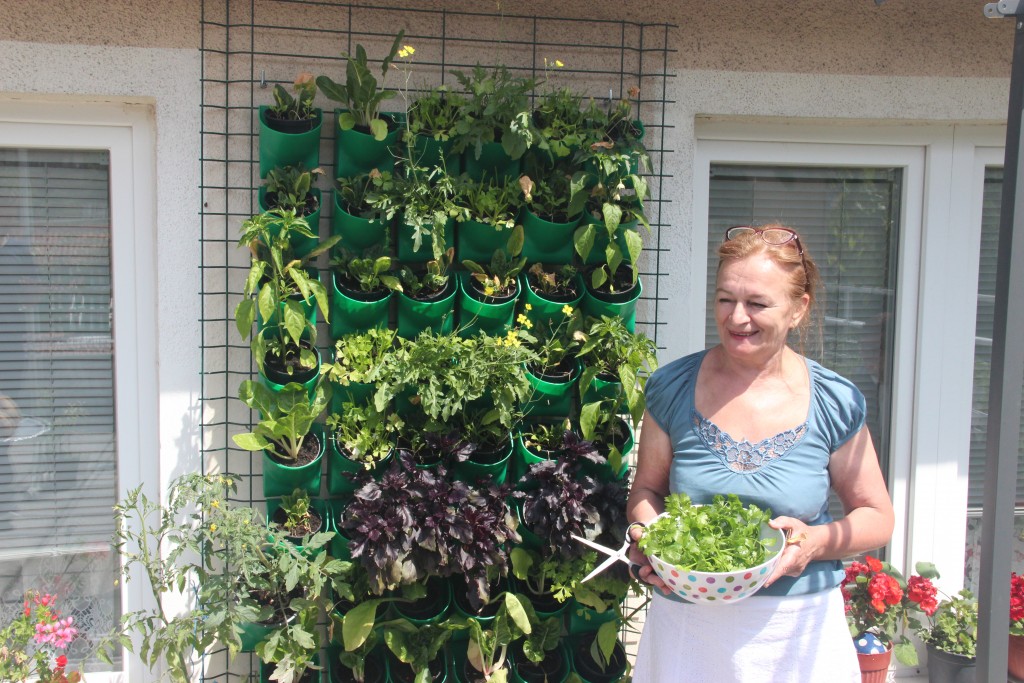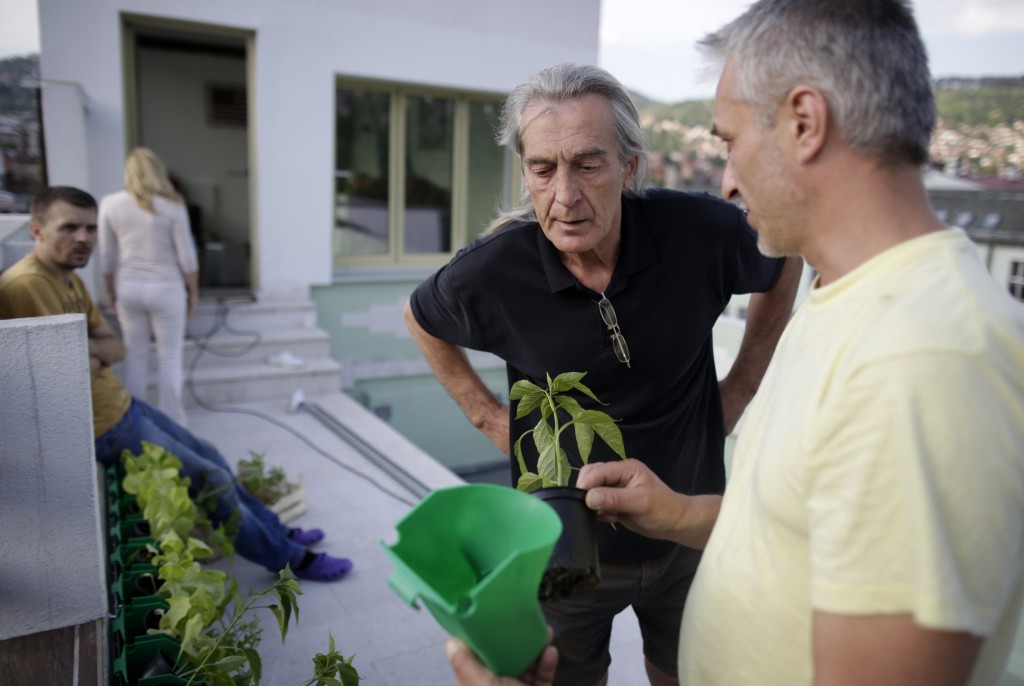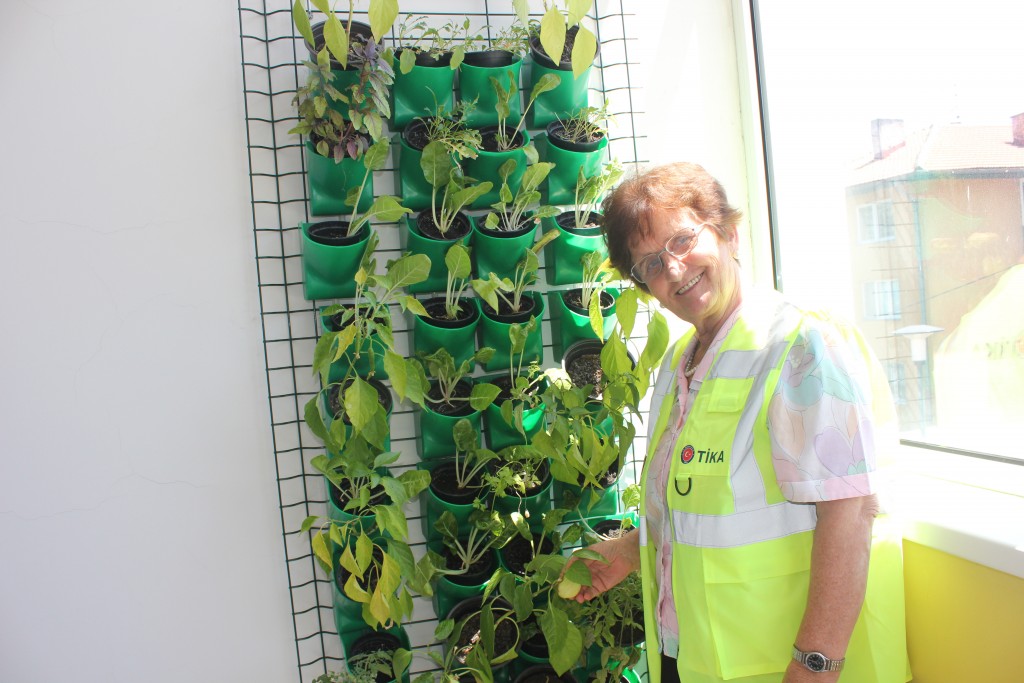News
19 October 2020Bosnian Women, People with Disabilities, and Retirees Now Grow Crops at Their Homes
By establishing vertical farming systems to enable 50 families to grow vegetables and plants at their homes in Bosnia and Herzegovina, Turkish Cooperation and Coordination Agency (TİKA) turned the urban life into a peaceful environment and helped disadvantaged groups engage in on-site production.
From the Urban Life to a Peaceful Environment
In Bosnia and Herzegovina, as part of the two-phase project titled “Increasing the Quality of Life of Urban Retired Population and People with Disabilities through Hydroponic Vertical Farming Practices,” TİKA’s Sarajevo Program Coordination Office built vertical farming systems to enable 50 families to grow vegetables and plants at their homes.
A Groundbreaking and Exemplary Project in the Balkans from TİKA
50 Bosnian families benefited from the pilot project at the first stage. In accordance with the feedback to be received, the project will be expanded after the pilot phase and will be implemented in 5 different municipalities in Sarajevo to support 400 families.
Beneficiary families will be able to grow vegetables such as tomatoes, peppers, rocket, and lettuce in urban areas, thanks to the semi-automatic irrigation feature of the system, which is built on the walls of the houses and consists of 100 specially-designed planters.
Women, People with Disabilities, and Retirees Can Now Grow Crops without Needing Anyone
The target group of the project is families living in city centers. According to official figures, although the rural poverty rate is 9% higher than the urban poverty rate, the financial situation of families living in rural areas is better than that of families living in city centers since they have the opportunity to grow crops for their own needs. The project, which was planned based on this fact, focuses on retirees, people with disabilities, women, and unemployed individuals who live in city centers and are aggrieved by the retirement system.
The project, which can provide long-term financial sustainability to socially-disadvantaged groups, enables agricultural activities to be carried out in combination with household chores. In addition to its financial advantages, it provides health advantages as it ensures the freshness of products and eliminates the use of pesticides and plant preservatives. Furthermore, vertical farming systems provide certain social advantages as they are suitable for people with disabilities or restricted mobility. Moreover, city gardens to be built in urban areas and apartment buildings offer environmental advantages such as reducing pollution, creating various biological habitats, providing natural insulation, and thus contributing to the reduction of heating and cooling costs in winter and summer.
After a vertical farming system was built on the wall of her house, Ms. Amra, a beneficiary of the project who lives in the municipality of Stari Grad, was beaming with joy. Ms. Amra, who will engage in urban agriculture at her home with 100 planters, stated that she will be able to grow vegetables such as tomatoes, peppers, parsley, rocket, etc. at her home, that these vegetables will contribute greatly to her household economy, and that she will consume fresher vegetables.
Families Were Trained on New Production Models before the Project
As part of the project implemented in cooperation with the Faculty of Agriculture at the University of Sarajevo, training programs were held in two different local municipalities under the leadership of Prof. Lutfiya Karić to identify and train beneficiary families and introduce the system to them.
Next News

TİKA Provides an Ambulance to Tunisia to Support Its Fight against COVID19
Turkish Cooperation and Coordination Agency (TİKA) provided a fully-equipped emergency ambulance to the Ministry of Health of Tunisia to support the country’s fight against COVID-19. TİKA provided a fully-equipped emergency ambulance to the Ministry of...
